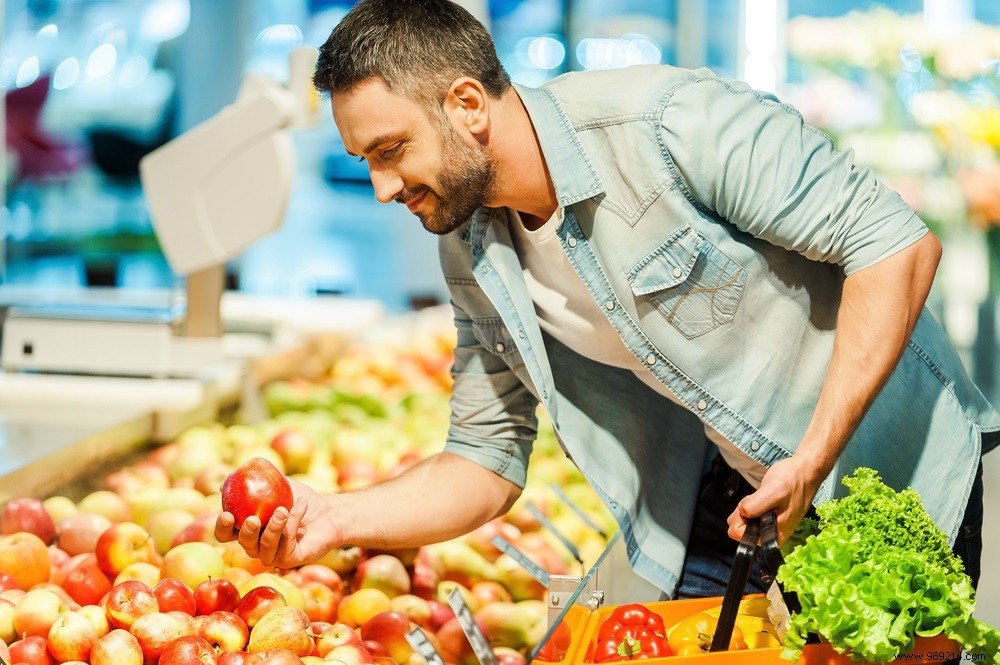
You've probably come across empty cans and plastic bottles near a beach, or even on a playground, where litter is strewn on the ground... What a sad sight! And to think that with awareness and a few simple gestures, we can avoid this... We tell you everything about responsible consumption.
What is responsible drinking?
Responsible consumption is a way of consuming while realizing that natural and human resources are not unlimited. Objective ? To preserve the environment. This mode of consumption has positive effects on our health, the economy and society as a whole.
Responsible consumption:what do the French think? [1]
14% of French people believe that we should reduce our consumption.
31.8% agree with the idea of avoiding consuming products that we can do without.
52.9% believe that we must consume differently, in particular by integrating more responsible products.
Our poor consumption habits have catastrophic effects on the environment. Overconsumption leads to mass deforestation, the disappearance of many animal and plant species, global warming, air, water and soil pollution, the depletion of natural resources, etc. And it is the man who is responsible for it. Intensive agriculture and livestock farming, industry, transport and our waste have gradually harmed our planet to satisfy often futile needs.
The good news is that we all have the opportunity to make a difference and take positive action by becoming responsible consumers.
Which labels can we trust?
So-called "responsible" labels are constantly emerging and it is sometimes difficult to know which ones provide a real guarantee to responsible consumers:
How can I become a consumer actor?
If we cannot reverse our past overconsumption, we can act today and consume sensibly to limit our impact on the environment. All you need to do is take a few simple actions on a daily basis. Here are our tips for becoming a consum’actor:
Consuming responsibly has become a true way of life. Buying only what you need and limiting your waste production has positive effects
[1] green-economy.fr